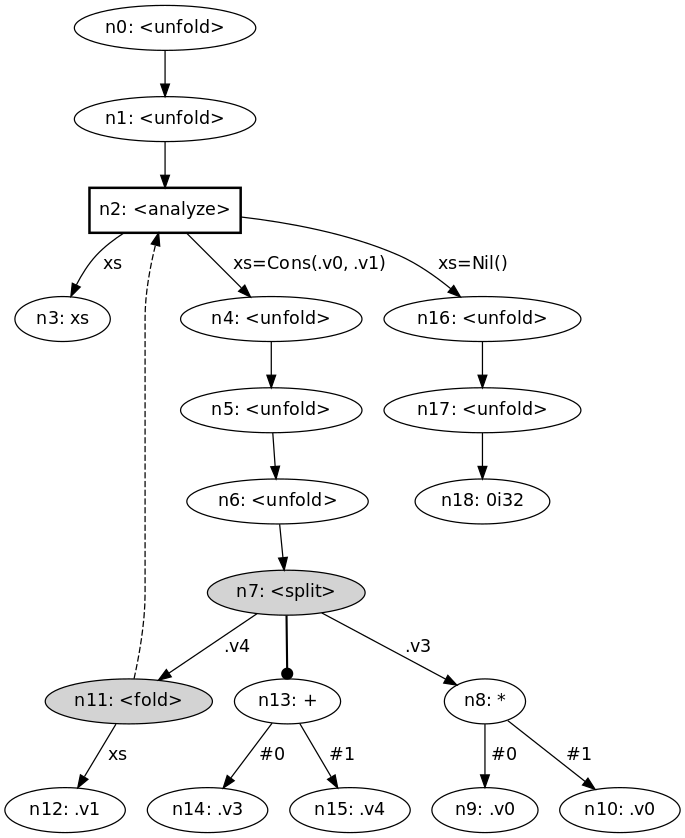this post was submitted on 11 Jul 2024
15 points (100.0% liked)
Programming Languages
1142 readers
1 users here now
Hello!
This is the current Lemmy equivalent of https://www.reddit.com/r/ProgrammingLanguages/.
The content and rules are the same here as they are over there. Taken directly from the /r/ProgrammingLanguages overview:
This community is dedicated to the theory, design and implementation of programming languages.
Be nice to each other. Flame wars and rants are not welcomed. Please also put some effort into your post.
This isn't the right place to ask questions such as "What language should I use for X", "what language should I learn", and "what's your favorite language". Such questions should be posted in /c/learn_programming or /c/programming.
This is the right place for posts like the following:
- "Check out this new language I've been working on!"
- "Here's a blog post on how I implemented static type checking into this compiler"
- "I want to write a compiler, where do I start?"
- "How does the Java compiler work? How does it handle forward declarations/imports/targeting multiple platforms/?"
- "How should I test my compiler? How are other compilers and interpreters like gcc, Java, and python tested?"
- "What are the pros/cons of ?"
- "Compare and contrast vs. "
- "Confused about the semantics of this language"
- "Proceedings from PLDI / OOPSLA / ICFP / "
See /r/ProgrammingLanguages for specific examples
Related online communities
- ProgLangDesign.net
- /r/ProgrammingLanguages Discord
- Lamdda the Ultimate
- Language Design Stack Exchange
founded 1 year ago
MODERATORS
there doesn't seem to be anything here
